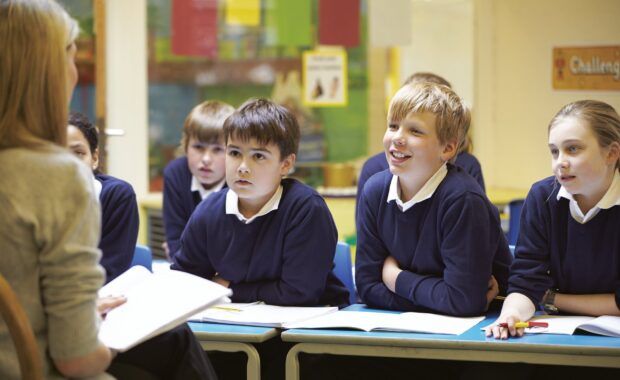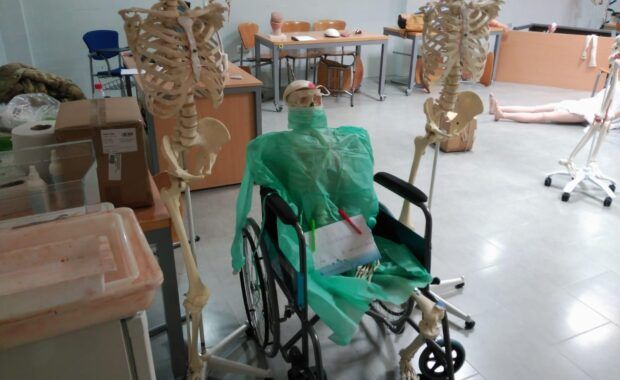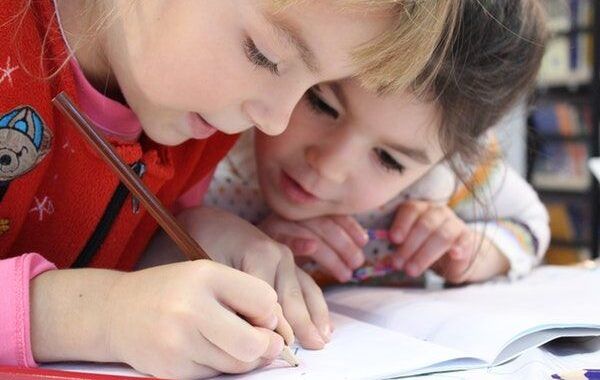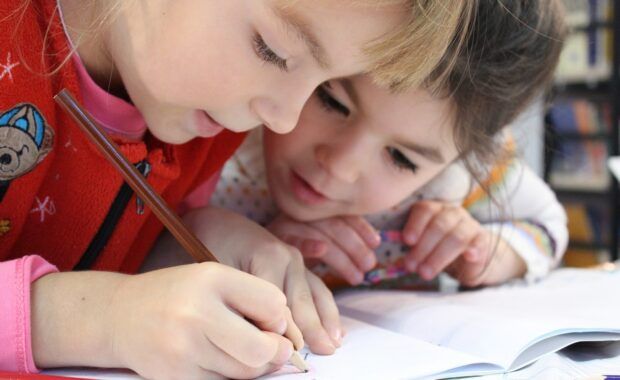But one must not respect an individual more than the truth. Plato, The Republic, 595c If a fair society is meritocratic, enabling every person to progress on the basis of their achievements, then equity in school education is essential. Imagine that regardless of your merit, no matter how hard you tried, you could never improve […]
Read MoreCEA Online Activity: Next Generation EU Funds – Getting Ready for this Great Opportunity
The European Union has launched the European Recovery Plan (NEXT GENERATION EU) as an extraordinary instrument for the recovery of the European Union from the serious effects generated by the COVID-19 pandemic; a mechanism in which Spain has pre-allocated around 140,000 million Euros to be executed in the coming years. Of these funds, more than […]
Read More10 ways to keep online education engaging
The Covid-19 pandemic has turned our everyday life and routines upside down. School closures, remote working, physical distancing amongst many. The closure of education institutions has meant that teachers and trainers have now had to move their classes online. But crossing this line is no easy task. It requires learning new skills and adopting a […]
Read MoreHow the pandemic has changed forever the way we teach
This year’s global pandemic exposed as never before the urgent need to revolutionise teacher training as skills centres and vocational education and training schools were closed around the world, forcing a sudden switch to online learning. Countries that had already started investing heavily online and blended education (where digitally-based distance learning is combined with practical […]
Read MoreInnovating in the Practical Teaching of Health Sciences: Gamification and Escape Room
Several subjects of the Nursing and Physiotherapy degree of the University of Almeria, through a teaching innovation project, use Escape Rooms as an evaluation tool. “Tell me and I forget, teach me and I may remember, involve me and I learn.” What is teaching innovation? Teaching innovation at all levels of education is not really new, […]
Read MoreEuropean Education Area for the digital age
The Commission adopted two initiatives that will strengthen the contribution of education and training to the EU’s recovery from the coronavirus crisis, and help build a green and digital Europe. Setting out a vision of the European Education Area to be achieved by 2025, the Commission proposes new initiatives, more investment and stronger cooperation of Member […]
Read More14 pupils per teacher in EU primary education schools
During the year 2018, there was an average of 14 students per teacher in Primary Education in EU countries. In 2018, at primary education level, there were 24.5 million pupils and 1.8 million teachers in the EU Member States. Generally speaking, pupils enter primary school programmes (classified as ISCED level 1) between the ages of 5 and 7. These programmes […]
Read MoreBack to school: teach and connect with your students through play
EU countries are preparing the return to class of all their students with restrictive measures and with the threat of Covid-19 breakouts. Learning corner If you’re a primary or secondary school pupil, this is where you’ll find games, competitions and activity books to help you discover the EU in a fun way, in the classroom or at home. You can also […]
Read MoreEuropean Universities Erasmus+: supporting pilot with an additional 34 million from Horizon 2020
The European Commission announced on the 24 of July that the first 17 alliances of universities selected under the Erasmus+ programme will each receive a complementary EUR 2 million support from Horizon 2020. With this support, the European Universities will explore further integration and transformation in their research and innovation missions. European Universities are transnational […]
Read More







